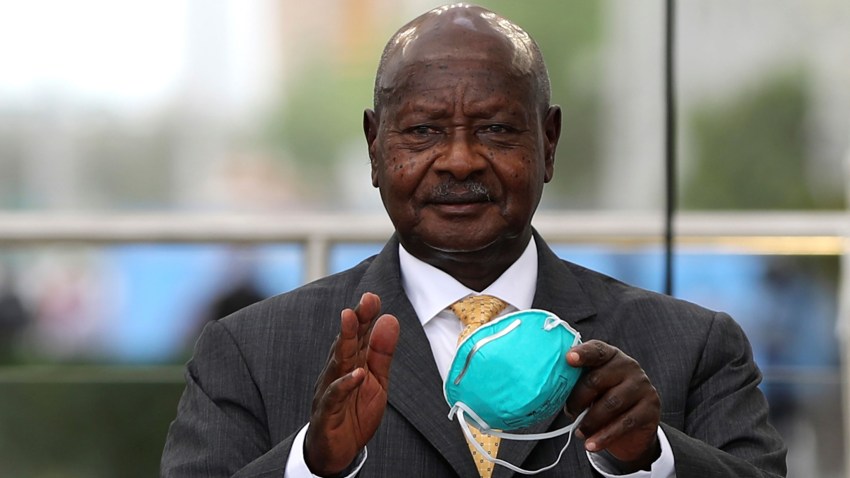Ugandan President Yoweri Museveni has ruled his country of approximately 40 million people for nearly 40 years, making him one of the longest-serving leaders in the world. Having triumphed over his domestic rivals, Museveni has also outlasted most of his continental peers, with only Equatorial Guinea’s Theodore Obiang and Cameroon’s Paul Biya surpassing him for time in office.
When Museveni seized power on the back of an armed uprising in 1986, eight different governments had ruled Uganda since the country gained its independence from the United Kingdom in 1962. Few Ugandans alive today have memories of any other leader besides the 78-year-old president, and the most pressing question the country now faces in the medium term concerns a transition of power and how Museveni will leave office.
But for now, there is no certainty that Museveni plans to step down, nor is there a succession plan to facilitate an orderly transition that would preserve peace and stability in the event he does. Given the concentration of power Uganda’s constitution places in the presidency, the overwhelming dominance Museveni exercises over domestic politics and the arbitrariness with which he wields power, the road ahead is uncertain and likely to be perilous.

